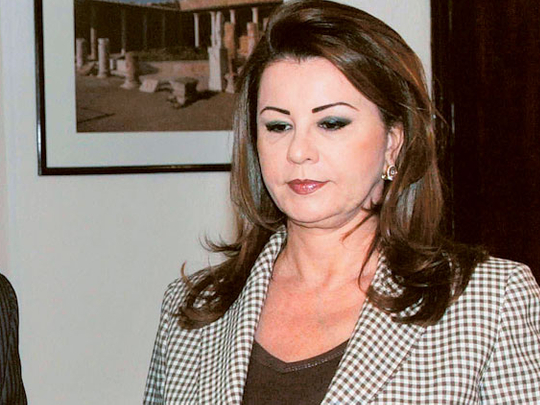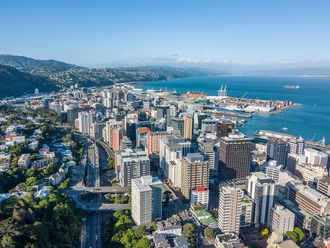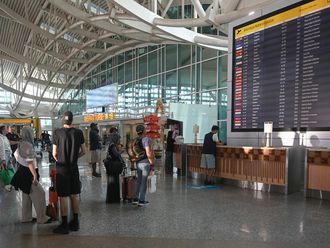
Dubai: Dubbed the “Imelda Marcos of the Arab world” because of her lavish lifestyle and obsession with designer cloths, Laila Taraboulsi left a bad memory when she fled her home country.
The wife of the ousted Tunisian president, Zine Al Abidine Bin Ali, who was known among her country’s people for her corruption and embezzlement held, along with her family, a considerable chunk of the Tunisian economy in her hands — one of the major factors behind the revolution that led to the regime’s fall in January 14, 2011.
Born in Tunis on October 24, 1956, Laila was a hairdresser from a humble family with little education before her marriage to the former president in 1992, according to diplomatic cables published a few years ago. But after she became the first lady, Laila and many in her family, “ascended to the pinnacle of wealth, owning major stakes in many of Tunisia’s most prominent companies,” wrote a report in the New York Times.
The report said that, according to a cable leaked by WikiLeaks, former US ambassador, Robert F. Godec, had written: “Bin Ali’s wife, Laila Bin Ali, and her extended family — the Taraboulsis — provoke the greatest ire from Tunisians,” he added, noting that he heard frequent “barbs about their lack of education, low social status and conspicuous consumption.”
He added: “Tunisians also argue that the Taraboulsis’ strong-arm tactics and flagrant abuse of the system make them easy to hate.”
During the protests against the regime of Bin Ali in late December 2010 and the first two weeks of January 2011, people chanted slogans also against his wife’s family. According to some press reports, many Tunisians refer to Bin Ali’s extended relations simply as “The Family” or “The Mafia”.
Laila was powerful woman, noted a media expert, who said her memoirs that were published last year would be “part of Tunisia’s history”.
My Truth was released last June in France, and is based on interviews given via Skype to French journalist Yves Derai.
In the book, Laila blamed her husband’s chief of presidential security Ali Seriati, currently in jail, of being behind a “plot” that led to the uprising, noting that her husband on the plane heading to Saudi Arabia thought he could return the following morning.
At present she lives in Saudi Arabia with her husband and children. Very little is known about their lives, and she herself didn’t reveal much. “The major part of the day looking after my husband and my children... I go out rarely, hardly meet anyone and pray a lot,” she wrote.
Some ordinary people showed interest in knowing the nitty-gritty of Laila’s life and what exactly happened on January 14 — the day her husband was deposed and left the country. But others were quoted as describing her book as a “series of lies”, to the extent that some bookstores in Tunisia opted not to sell it
But to media experts, “only history will judge whether any memoirs are true or not.”
In her capacity as the first lady, Laila was active in humanitarian work. She founded an association, Basma, to help disabled people secure jobs through loans and training in different fields. She also started Saida, an initiative to improve cancer treatment.












